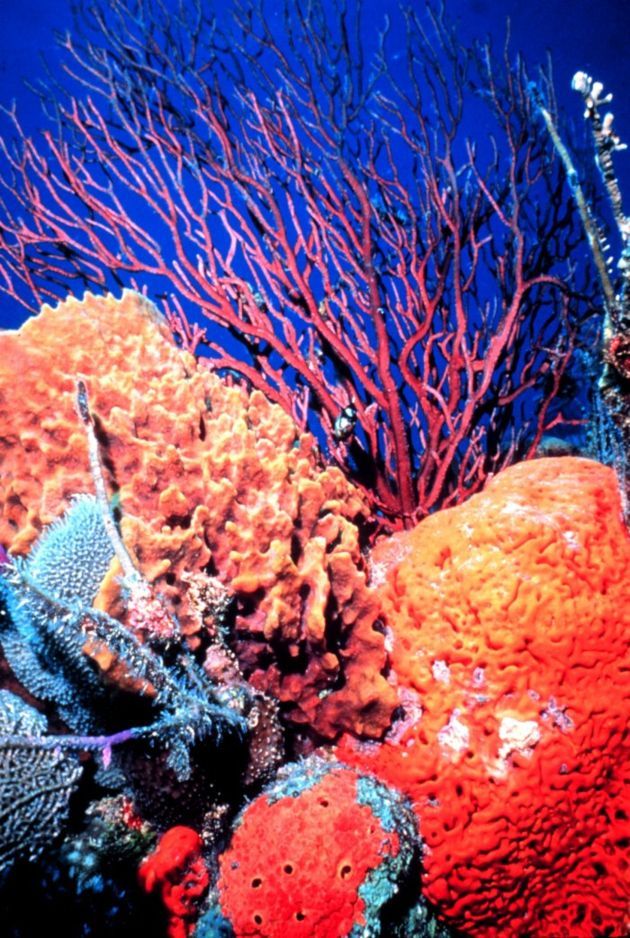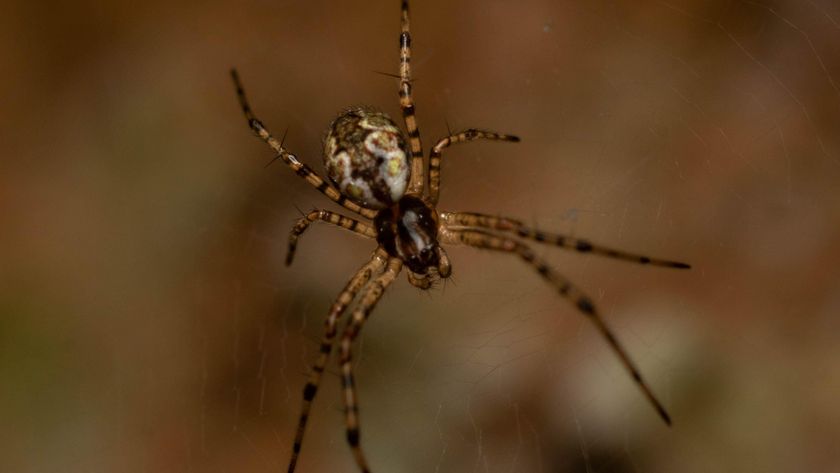Not Picky: Animal Makes Skeleton From This or That

Corals can alter their skeleton to match the changing chemistry of seawater, making them the only known animals to achieve such a feat, according to a new study.
These animals are the building blocks of reefs, large coral skeletons which host a variety of other animals, plants, algae and bacteria, and protect shores from erosion by absorbing wave energy.
Coral reefs are made from calcium carbonate secreted by coral polyps over millions of years.
Corals generally use aragonite, a carbonate material, to make the calcium carbonate.
But the new study, detailed in the July issue of the journal Geology, shows that when there is a decrease in the ratio of magnesium to calcium in the seawater, corals can switch to calcite for producing calcium carbonate.
"This is intriguing because, until now, it was generally believed that the skeletal composition of corals was fixed," said co-author Justin Ries, a postdoctoral fellow at John Hopkins University.
Reis formulated six different magnesium-to-calcium ratios that existed throughout the 480-million-year history of corals and then, in his lab, added three species of Caribbean reef-building corals.
Sign up for the Live Science daily newsletter now
Get the world’s most fascinating discoveries delivered straight to your inbox.
Two months later, he examined the mineral composition of the coral skeletons and found that each kind of coral had produced its skeleton based on the kind of water it was in.
"This is particularly significant given recently observed and predicted future changes in the temperature and acidity of our oceans via global warming and rising atmospheric [carbon dioxide], respectively—that will presumably have a significant impact on corals' ability to build their skeletons and construct their magnificent reefs," Ries said.
- Scientists Issue Dire Warning on Marine Life
- Surprising Beauty Discovered on Pacific Seafloor
- Acid Buildup in Oceans Threatens Food Chain
- Nearly Half of Coral Reefs in Peril
- Stressed-Out Coral Reefs












